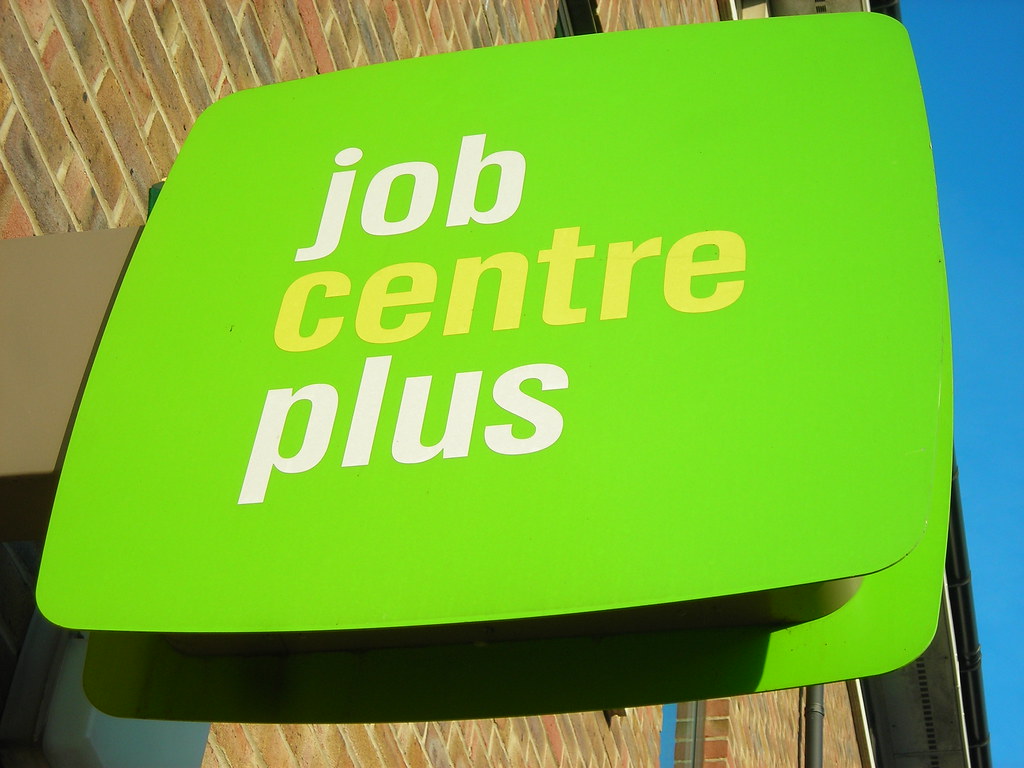The Bristol Pound is rooting itself in the city and helping turn Bristol into a local economic incubator, reports Clare Goff
On the front of Bristol’s Corn Exchange is a clock with two minute hands. One hand shows Greenwich Mean Time and the other displays ‘Bristol time’, eleven minutes later.
It’s a throwback to the early 19th century, to a period before railways and standardised time systems. Overlooking the city’s old trading quarter, it serves as a reminder that this is a city that likes to march to the beat of a different drum.
It was here three years ago that the Bristol Pound was launched. On the 19th September 2012 the city’s Lord Mayor stood by one of the four pillars outside the Corn Exchange – known as ‘nails’ – that are ancient sites of exchange in the city and asked ‘What will anyone give me in exchange for a Bristol Pound?’ Someone came forward with a loaf and exchanged it for a Bristol Pound and thus the currency was launched.
‘It draws people into a community with
shared values that is playful, creative and diverse’.
New edition ten paper Bristol Pounds (back). Design by Luke CarterSince then the Bristol Pound has shown the difference a local currency can make on a city scale. It can be used in around 900 shops and businesses across the city; the salary of the city’s independent mayor George Ferguson is paid in it; bus and train companies accept it; business rates and council tax can be paid in it, and Good Energy has recently signed up, becoming perhaps the first energy company in the world to accept a local currency.
It has become an icon of the city – helping it win the Green Capital 2015 award – and is now being copied in places from Exeter to Liverpool.
Run as a partnership between the Bristol Pound community interest company and the Bristol Credit Union, it has the backing of the Financial Conduct Authority, and the support of the city council and mayor George Ferguson who says, ‘It marks us out and shows an attitude’.
Chris Sutherland, one of the founders of the Bristol Pound, says that while it may not yet have gone to scale it gives an interesting feel to the city and ‘draws people into a community with shared values that is playful, creative and diverse’.
New edition ten paper Bristol Pounds (front) showing suffragette Anne Kenney. Portrait by Juraj ProdajLocal economic innovation
It is also marking the city out as a leader in community level finance, and an innovator in local economics. The failures and remoteness of the mainstream financial system have created disempowerment among people and places; local currencies like the Bristol Pound bring back control, create economic systems based on values and show what the alternative could look like.
‘Through the Bristol Pound we can make our own future’, Sutherland says. ‘It is a tool for empowerment.’
A range of spin-off organisations and initiatives are allowing the company to experiment and see how far the currency can root itself, change behavior and build a different kind of local economy.
The Guild of Independent Currencies is one such spin-off. Set up by the Bristol Pound last year, is helping other cities to launch their own complementary currencies.
The Real Economy network is another. It has set up neighbourhood food buying groups across Bristol to link citizens with local food producers and stimulate community level enterprise. Modelled on Italy’s solidarity-based purchasing groups, members come together to source affordable local food direct from producers. A solidarity tax will be applied to those groups in more prosperous areas to help those in disadvantaged places get off the ground, Sutherland says.
New edition five paper Bristol Pounds. Design by Yoshino Shighara‘It’s a way of creating community’, he says. ‘Let’s see what comes out of it.’
Perhaps its most significant venture so far is the launch of Bristol Prospects, a mutual credit network for small and medium sized businesses.
Backed by EU funding and a joint venture between Bristol Credit Union, Bristol Council and the Bristol Pound, it is aimed at helping small and medium sized businesses who either have excess capacity or need access to low cost credit. Through the network these two groups are brought together to offer each other mutual credit; businesses accessing so-called Bristol Prospect Credits are invited to spend them with other businesses in the network to the same value as sterling, or transfer them to sterling or Bristol Pounds after 120 days.
It is inspired by projects like the Sardex scheme, set up in Sardinia in 2006 to help local businesses exchange services and products outside of the mainstream financial system, and the Social Trade Organisation based in the Netherlands.
How far the Bristol Pound will scale up is yet to be seen but as it embeds itself within the city its importance is created, not through its size, but through the routes and possibilities it shows for doing local economics differently.
Photo by nicksarebi

















Leave a Reply